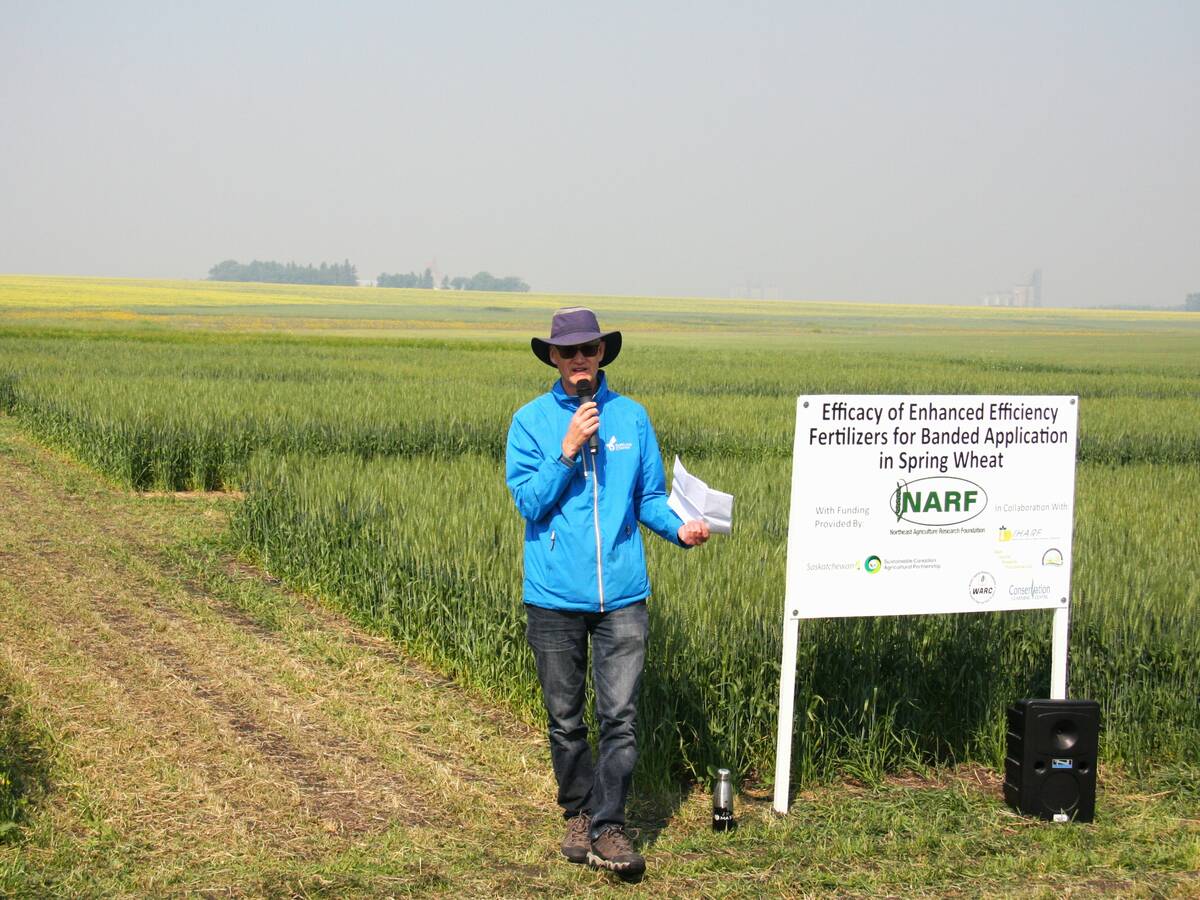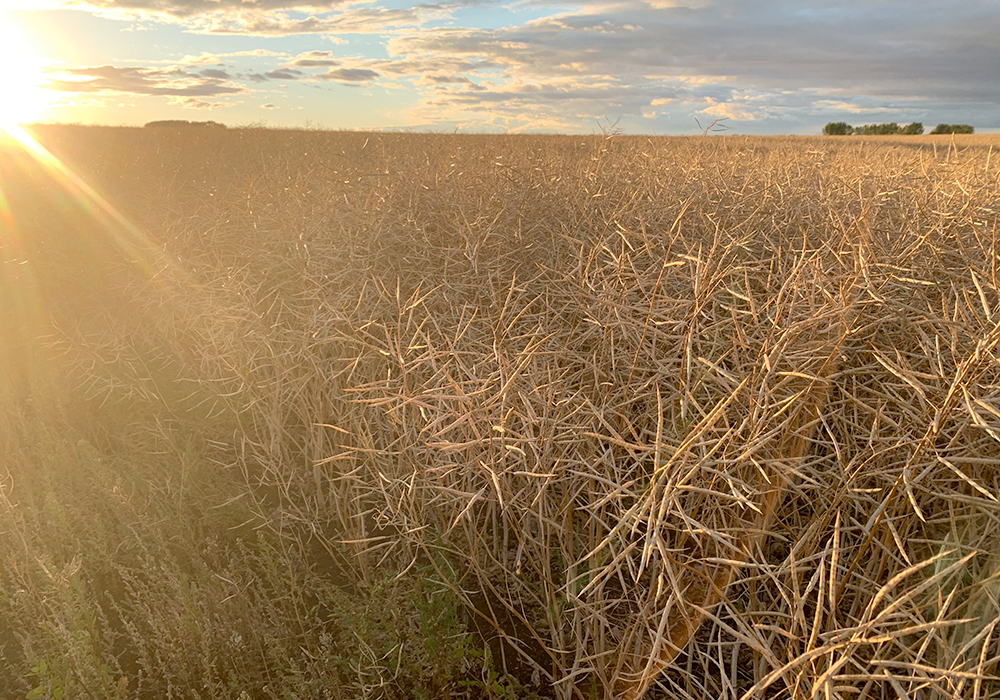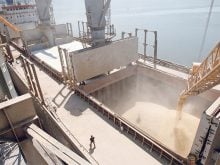Farmers are waiting with bated breath to see what China does about Canada’s strangling tariffs on its manufacturers’ electrical vehicles.
Farmers are hoping California’s proposed renewable diesel rules aren’t going to kill that enormous market for Canadian canola oil.
These two developments couldn’t come at a worse time for the canola market. Prices are on the ropes, as are farmers’ profitability hopes, as huge U.S. crops come flooding forward, swamping shortage fears that have kept prices peppy for years.
Read Also

Fertilizer method’s link to emissions studied
A researcher says others studying greenhouse gas emissions aren’t considering how the loss of nitrogen into the atmosphere correlates with fertilizer application or if there is an impact to yield.
Today’s $615 per tonne is well south of the $900 values that were commonplace from 2021 to mid-2023 and not far above the $500 values that were the peaks of some years before 2020, when production costs were much lower.
China could react harshly to Canada’s decision to mirror U.S. tariffs on Chinese EVs. The federal government is imposing a 100 per cent tariff due to what it says is the Chinese government’s subsidies for EV production.
In the past, canola and pork have been convenient targets for creating quick pressure on Canada’s domestic economy.
In 2019, China reacted to the arrest of Huawei executive Meng Wanzhou by arresting two Canadians it accused of spying and slamming most of its markets shut to Canadian canola and pork. That caused a lot of pain, which presumably it was meant to do.
Backing up pork in the domestic market created pain in Quebec, while the canola glut hit all of the Prairies. Already soft markets for Canadian product became softer as blocked sales had to push their way into secondary foreign markets at a discount.
China hasn’t said what, if anything, it will do about the EV tariffs. However, it seems angry.
Its foreign ministry has demanded that Canada “immediately correct its wrong practices” and drop the tariffs, which also involve steel, aluminium, advanced batteries and solar power products.
The proposed California regulations are a longer-term threat. If California caps canola and soybean oil content at 20 per cent, the renewable fuel demand from that giant state market — bigger than Canada’s economy — will be far less than what Canada’s canola industry has been banking and investing on. Will that torpedo canola crusher projects that have been announced?
Both of these situations arise at a dreadful time as farmers bring in a decent-sized canola crop. Prices are in the toilet and nobody needs them to be worse, or to have trouble moving physical crop in the coming months.
The good news is that bulk agricultural commodities are fluid. They aren’t specialized for specific buyers. They seem to follow Bruce Lee’s philosophy on martial arts and life itself: “Be formless. Shapeless. Like water. You put water into a cup, it becomes the cup. Put water into a bottle, it becomes the bottle.… Be water, my friend.”
The marvellous flexibility of commodity flow can be seen in so many places today. Remember when many worried that Europe would freeze without Russian natural gas? Well, after initial pain, that commodity is still coming in from multiple sources.
Remember the Houthis? Those Yemen-based militants, which control their country’s government, are still firing rockets, launching drones and sending pirate ships into the Red Sea to destroy cargo ships. Just last week, it was reported that they had boarded and set off bombs aboard a Greek oil tanker they had previously disabled.
Yet for all the fear and panic set off by the initial Houthi attacks, which are their way of pressuring foreign countries to intervene on the side of the Palestinians in their current war with Israel, world ocean shipping has adjusted so well that it’s possible to forget that one of the planet’s main trade arteries has been effectively cut for months.
Russia has shown itself remarkably capable of flooding the world with its crude oil despite western sanctions of unprecedented breadth. Its grain is getting out through the war zone of the Black Sea, as is Ukraine’s. It’s startling that this is possible, but commodities flow like water. One channel gets blocked and after the water builds up, it will pour out at the next lowest point, sometimes undermining the barrier in the process.
Farmers don’t want their canola to get backed up now because of Chinese dudgeon or for the longer term due to California’s antipathy to crops grown for biofuel.
But one way or another those crops will move, flowing to where they’re most wanted.


















